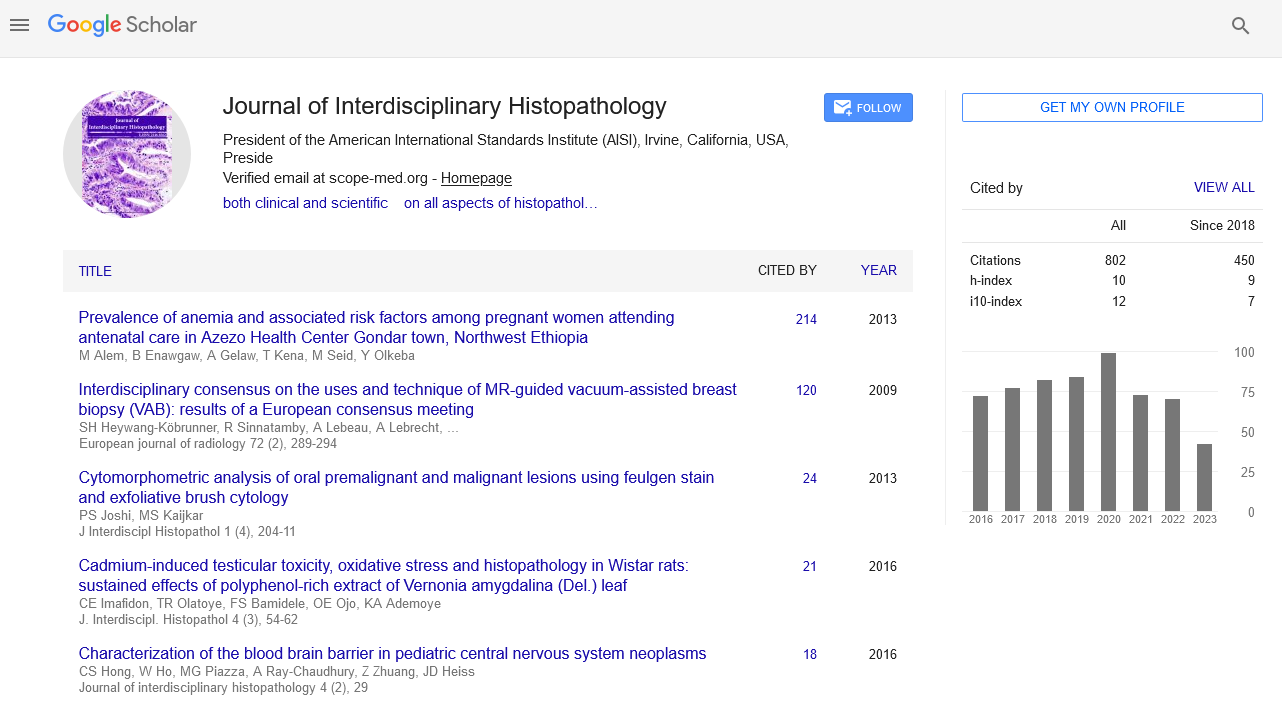Warfarin-related nephropathy and beyond. What renal pathologists need to suspect in a kidney biopsy?
Abstract
Sergey V. Brodsky, Anjali A. Satoskar, Tibor Nadasdy
We have recently described a new clinical syndrome in patients receiving warfarin for anticoagulation therapy. First, we identified that warfarin therapy can result in acute kidney injury (AKI) by causing glomerular hemorrhage and renal tubular obstruction by red blood cell (RBC) casts in some patients. This syndrome has been named warfarin-related nephropathy (WRN), and patients with chronic kidney disease appear to be particularly susceptible. We defined WRN as an acute increase in international normalized ratio (INR) to >3.0, followed by evidence of AKI (defined as a sustained increase in serum creatinine of ≥0.3 mg/dl) within a week of the INR increase. We believe that anticoagulant-related kidney injury should be suspected in a patient on anticoagulation therapy, if there is a disproportion between the number of RBC tubular casts, acute tubular necrosis and the degree of underlying kidney lesion (such as glomerular immune complex depositions, glomerular basement membrane thickness abnormalities etc.) in kidney biopsy. Detailed evaluation of coagulation data and medications is recommended for all patients with RBC casts and AKI.
PDF





